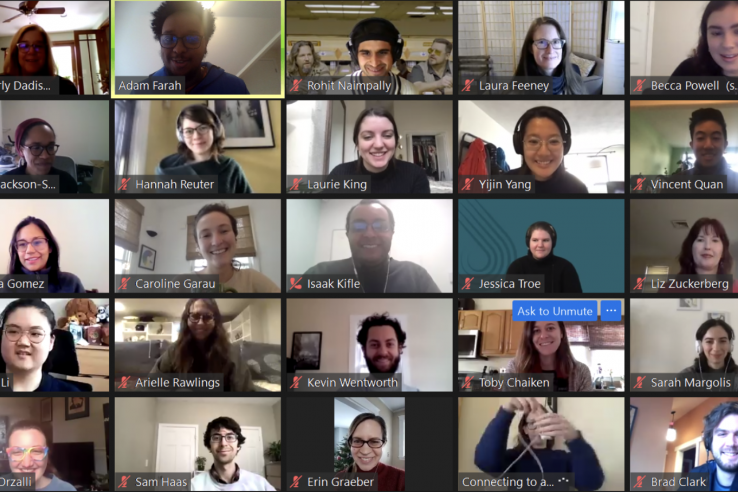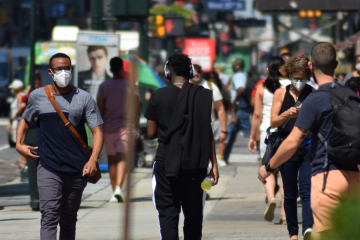
J-PAL North America's reflections on 2020

2020 has been an exceptional year, one of immeasurable pain and loss. Despite the difficulty of this past year, I am filled with gratitude—gratitude for our community’s unwavering dedication during these extraordinary times.
The pandemic forced all of us to change course. Research staff worked quickly to shut down and pivot in-person operations. Drawing from these experiences, our Research team developed several resources (e.g., phone surveys, electronic signatures) which will help researchers beyond the pandemic. J-PAL’s training team transitioned our annual Evaluating Social Programs in-person course to a free, open-access webinar attended by individuals from over 100 countries. Our affiliated researchers came together to synthesize, share, and generate timely evidence to inform policy responses to the pandemic.
And throughout this entire crisis, our partners continued to work tirelessly to meet their communities’ urgent needs. Partners—including Benefits Data Trust, Saga Education, Camden Coalition, summer youth employment programs across the United States, state and local governments, and countless others—prioritized rigorous evidence in their work long before the pandemic, building the infrastructure that made it possible to respond quickly to the crisis. Our partners have been doing this hard work out of the spotlight for many years. Times like these demonstrate the importance of leveraging data, generating rigorous evidence, and understanding causal impact to improve programs and policies for individuals and communities experiencing poverty.
As we emerge from this crisis, J-PAL North America is committed to working with our partners to help individuals and communities, especially those experiencing poverty, in their recovery from the pandemic. Our COVID-19 Recovery and Resilience Initiative will support the generation of rigorous evidence on effective policy responses to the pandemic. To aid the efforts of our government leaders, our State and Local Innovation Initiative drafted a blueprint for future randomized evaluations on strategies to foster mobility from poverty. We hope the broader evidence-based policymaking community can use this learning agenda to effectively target resources to pressing policy questions that policymakers are grappling with across jurisdictions.
In the new year, we will continue to embrace and promote equity and inclusion within and beyond our organization. Individually and collectively, we will continue to engage in self-reflection, learning, and action to build an equitable and inclusive society.
Once again, thank you for being a part of this community and mission to improve the lives of those experiencing poverty in North America. I am inspired and grateful for the work and commitment of our community amid these unprecedented challenges.

